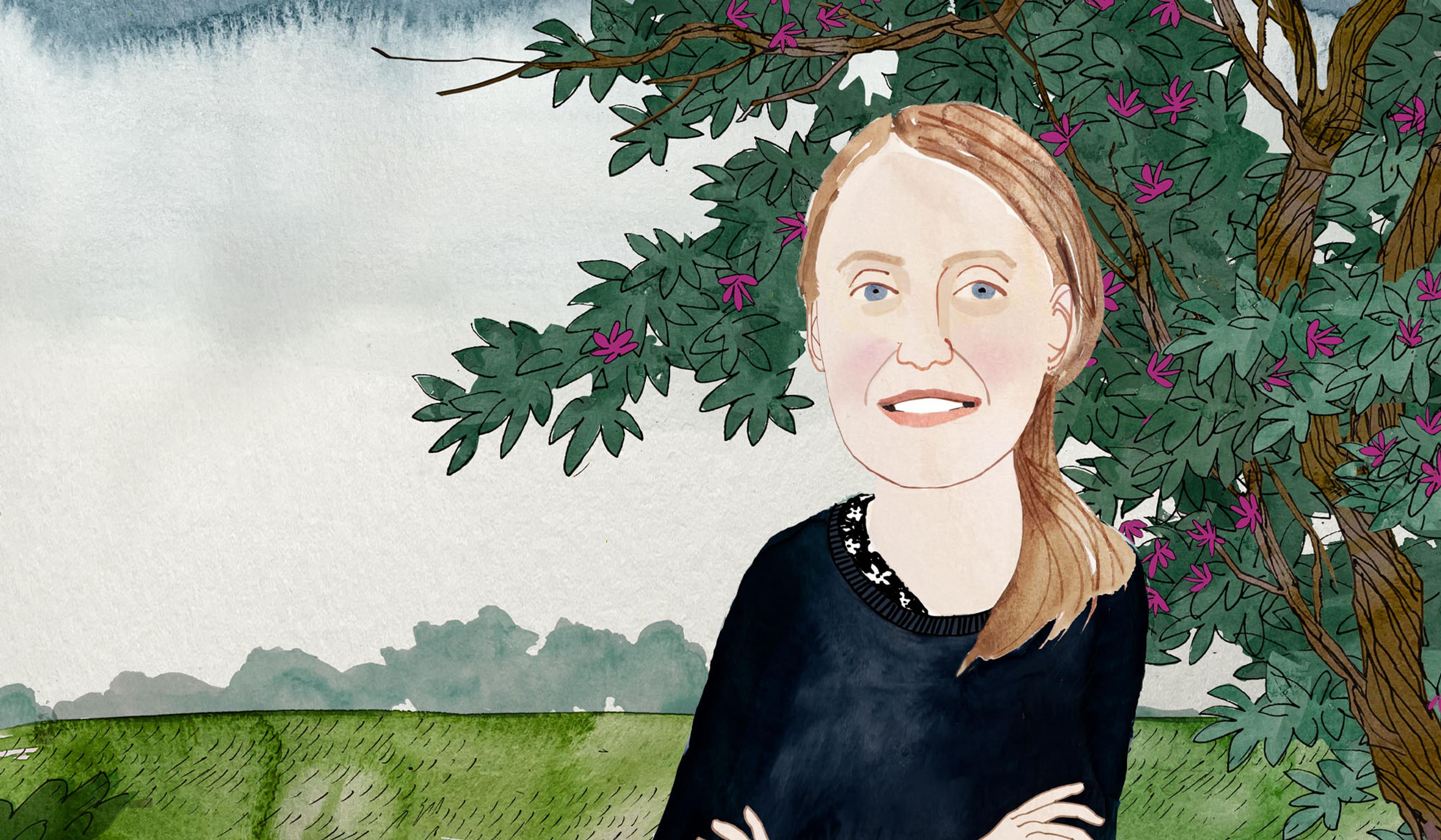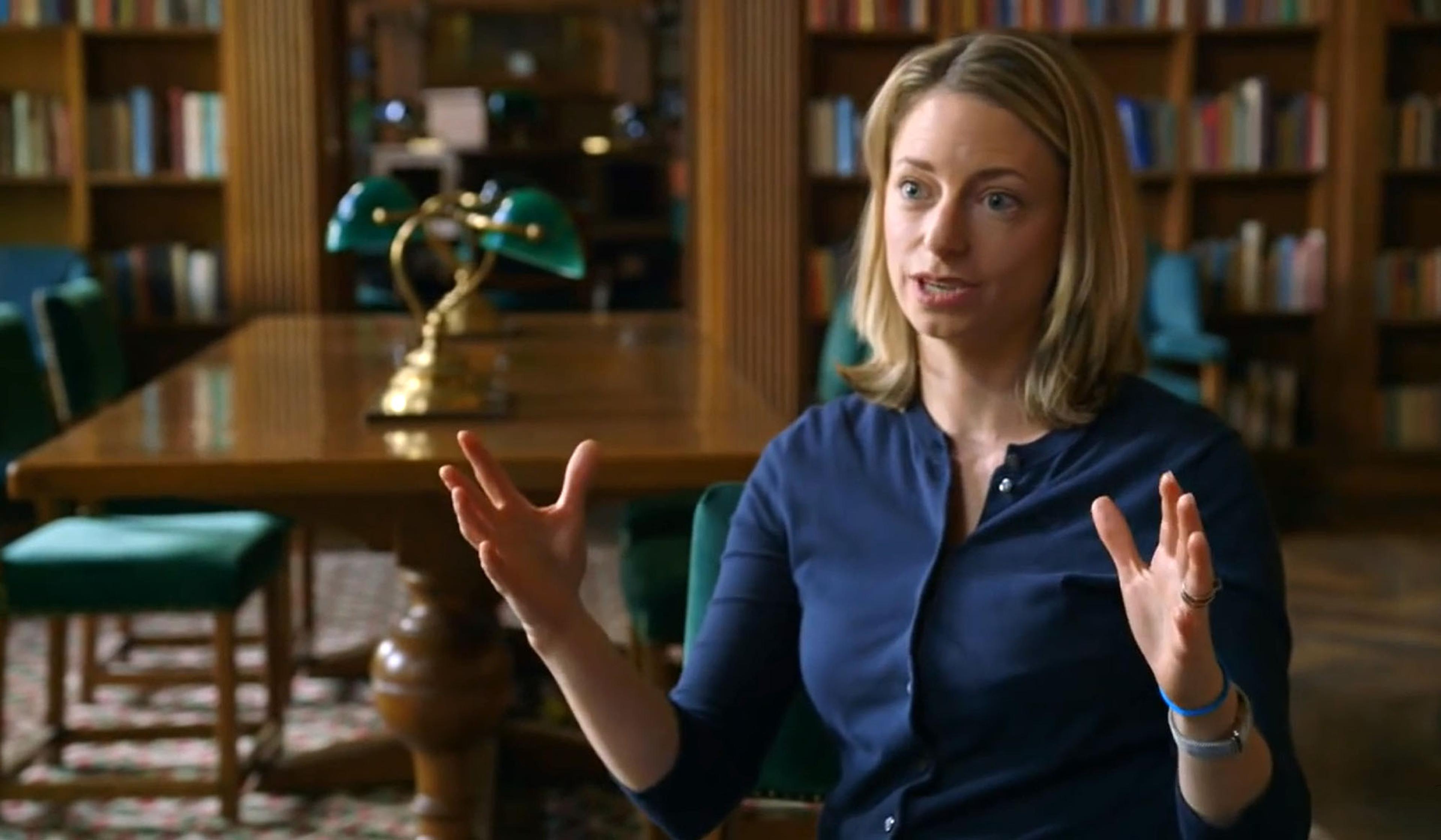Neuroscience is in the midst of a revolution: aided by increasingly sophisticated brain-scanning technologies, it offers more insights into the inner working of our brains than we’ve ever had before. But as this animated short featuring the musings of the comparative neuroscientist Danbee Kim and the philosopher of mind David Chalmers explains, a multifaceted approach to cognitive science is necessary for us to make any real progress towards understanding our minds. The extremely complex ‘interplay between brains, bodies and the world’, as Kim puts it, requires squaring the bottom-up business of neuron activity with the top-down methods of psychology, and several biological systems in between.
Leaping from firing neurons to human behaviour is tempting, but it’s a perilous gap

videoNeuroscience
What will we do when neuroimaging allows us to reconstruct dreams and memories?
4 minutes

videoPhilosophy of mind
Embodied cognition seems intuitive, but philosophy can push it to some strange places
14 minutes

videoCognition and intelligence
How a ‘periodic table’ of animal intelligence could help to root out human bias
5 minutes

videoHuman evolution
Can a tiny slice of mouse brain help us understand the complex human mind?
3 minutes

videoConsciousness and altered states
Why don’t we feel pain in dreams? The answer might lie in a new frontier of neuroscience
9 minutes

videoNeuroscience
The brain repurposed our sense of physical distance to understand social closeness
5 minutes

videoBiology
See and hear the human brain as you’ve never experienced it before
2 minutes

videoNeuroscience
What is your dog really thinking? MRI brain scans might soon provide the answer
7 minutes

videoPhilosophy of mind
A comparative cognition road trip across the US in search of a map of the mind
21 minutes